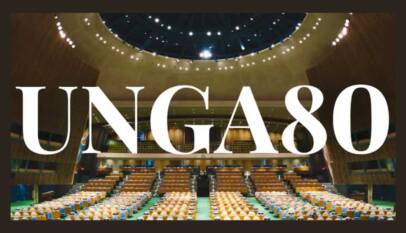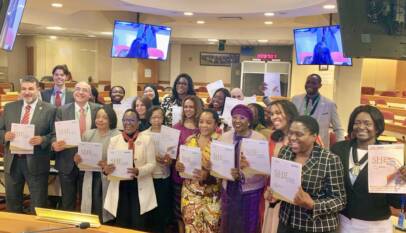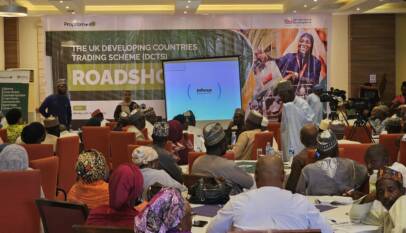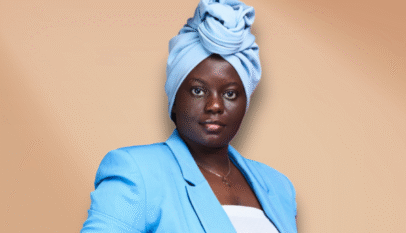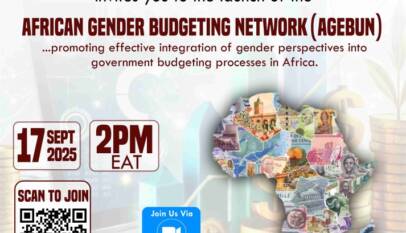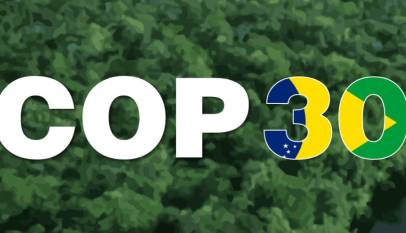OP-ED | On the Dangerous Precedents of Unconstitutional Transitions in Africa, By Olasupo Abideen
Olasupo Abideen argues the Niger situation brings to light the reality that good democratic governance is the only panacea against unconstitutional transitions, urging ECOWAS to put its house in order: clamp down on leaders violating term limits or winning elections through flawed electoral processes.

Last week, just as ECOWAS leaders were struggling to find resolution to the ongoing political crisis in the Niger Republic, army officers appeared on national television in Gabon to say they had also taken over power. They annulled the results of the just-concluded elections, in which President Ali Bongo was declared the winner, and Gabon became the sixth African country to slide into military rule in recent times.
The Niger coup led to a high sense of apprehension in Nigeria, especially in the northern states, which share boundaries with Niger. This was due to the potentially critical role Nigeria (which currently chairs ECOWAS) could play in either escalating or resolving the situation. The strong bilateral relationship between Nigeria and Niger goes beyond mere geographic borders. Niger shares historical ties with northern Nigeria, particularly in terms of language, religion and culture.
Their ties are so strong that in 2019, Niger’s political elites reportedly visited Kano, Nigeria, to campaign for the then All Progressive Congress Presidential Candidate, former President Muhammadu Buhari, who is said to have strong family ties with Niger. The Kano-Maradi rail project further justifies the economic ties between the two countries. Nigeria, and indeed Africa, will be making a huge mistake by trivializing the potential political consequences of what has become a dangerous precedent in West Africa and beyond.
While attention seems to currently be focused on Gabon and Niger, it is vital to dig deeper to better understand the root causes of this new trend of unconstitutional power shifts in Africa. Curiously, reports also reveal that citizens of affected countries like Mali and Burkina Faso seem to welcome these military takeovers with jubilation. This actually raises more questions about the quality of democratic governance in Africa.
Corruption, electoral malpractice, high-handedness and desperation to cling on to power beyond constitutional limits have created an atmosphere of consistent discontent with democratically elected governments in Africa. Political scientists have linked governments’ poor responses to the economic challenges caused by Covid-19 to even more hardship across Africa.
There are also questions about the role of regional hegemons like Nigeria in the economic instability leading to more hardship among the people, particularly in the case of Niger. For instance, in May 2023, Nigeria removed petrol subsidies, which led to an astronomical hike in prices not just in Nigeria but in its neighbors, namely Niger, Cameroon and Benin. The opportunist military juntas are exploiting the economic hardship faced by citizens of these countries.
There are also concerns about the international dimension of the Niger situation, with footage of demonstrations in support of Niger’s coup showing people waving Russian flags and chanting “Long live Putin”. Although no credible source has yet linked Russia to the coup in Niger, its strong connection with military interventions in other African countries such as the Central African Republic, Sudan, Mali and Libya through the notorious paramilitary group Wagner leaves more unanswered questions.
With the French military maintaining two permanent bases in the Sahel region, including one in Niamey, it is no longer a secret that the coups in Niger and other parts of Africa may simply be part of a broader struggle between the West and Russia for influence in Africa. Thus, the potential support of some foreign powers may have emboldened the juntas in Mali and Burkina Faso to warn of a catastrophic consequence if regional bodies such as ECOWAS decide to intervene militarily. This is another reason why the situation in Niger must not be allowed to escalate into a military confrontation.
Thus, ECOWAS and the African Union must extensively explore the paths of dialogue in returning Niger back to democracy, even as these coups clearly violate ECOWAS’s Protocol on Democracy and Good Governance. No doubt, several alternatives are currently being explored towards a non-military solution to the political impasse in Niger. It will, however, require a lot more commitment and political will from all parties to reach a solution that is favorable to all Nigeriens and indeed the West African subregion.
To this end, the ongoing efforts of traditional and religious leaders as well as revered statesmen in the region are a step in the right direction. They have proved a potent tool in bringing the hitherto recalcitrant junta to the negotiating table. While the coup leader, Abdourahmane Tchiani, has insisted that a transition to democratic rule will happen in not less than three years, efforts must be intensified to ensure a quicker return of Niger to democracy in conjunction with a strong commitment to deliver good governance.
The Niger situation has further brought to light the reality that good democratic governance is the only panacea against unconstitutional transitions. Hence, ECOWAS must put its house in order by clamping down on West African leaders violating constitutional term limits or winning elections through flawed electoral processes. This will go a long way toward limiting the discontent that usually leads to these coups.
The Community must also move beyond rhetoric and develop practical treaties that will allow it to hold leaders of member countries accountable to ECOWAS and to the people who voted them into office.
Olasupo Abideen is a good governance activist. The views expressed in this opinion article are those of the author and do not necessarily reflect African Newspage’s editorial policy.


